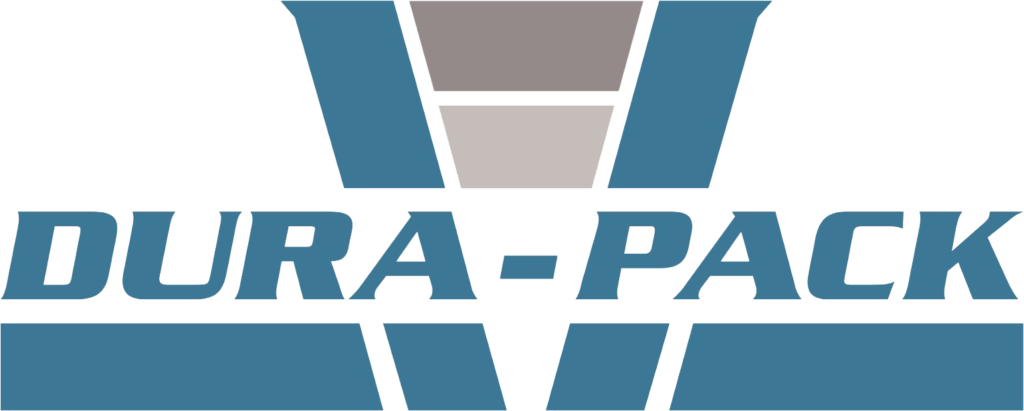In the light of an increasingly productive commercial world with an optimized world packaging industry has been a recipe for catastrophe in our world’s oceans. The influx of plastics each year, small and large, jeopardize the lives of all marine life forms. To be specific, with 8 million tons of plastic being dumped each year, all kinds of fish are ending up with harmful plastic in their stomachs, and get their digestive tracts blocked. The plastic is working its way up the food chain into our plates, in small traces. Along with the rivers and currents being choked up, this trend is urging for a total overhaul in plastic usage habits, by large corporations, and particularly by the people of the world. There are several ways people like us can be involved in reducing contamination in the ocean. The first of which is becoming plastic-free in which you would use reusable water bottles, straws, shopping bags, utensils, and many more daily plastic items. Doing this is a true investment, to buy a slight premium for all of these things in comparison to the cheapness of plastic throwaways, but they truly pay off at the end of the day by reducing plastic disposed across the board. In cases where plastic use is unavoidable, such as the case of packaged groceries, we can try our very hardest to properly put our trash into the place it must be, like trash cans as well as recycle when necessary. However, to become truly andcompletely plastic-free throughout the whole world, the change starts in the big industry corporations that mass produce plastic packaging to take advantage of costs over the alternatives. The use of this packaging to reduce company spending being prioritized over the future of this planet is very selfish of the big corporations, and they need to be held accountable and change their production strategies. This can be done by signing petitions and making reviews directed towards the large companies responsible for the most pollution like PepsiCo, Nestlé, Unilever, Starbucks, Coca-Cola, McDonald’s. If all else fails to make a difference in the fight against packaging waste in the world’s oceans, we could work on funding research on tools that will clean the ocean at a greater rate than the ocean is contaminated. A prime example of one of these tools in the Ocean Cleanup Machine concept created by a Dutch student Boyan Slat. It’s principal purpose is to get rid of the Pacific Garbage Patch, by making a floating wall that is longer than the tallest buildings in the world to collect and group the trash into a more manageable area. Funding into this would be a great safeguard to the mission of reduction of plastic in our oceans. All of these factors in combination would likely result in a safer and cleaner ocean for the future of the planet. The only thing in our way is our own stubbornness and ignorance. If the people of this world were all educated in these procedures as well as put them to practice this issue would be solved efficiently and aptly.
Steven Van Overmeiren
Pinnacle High School
